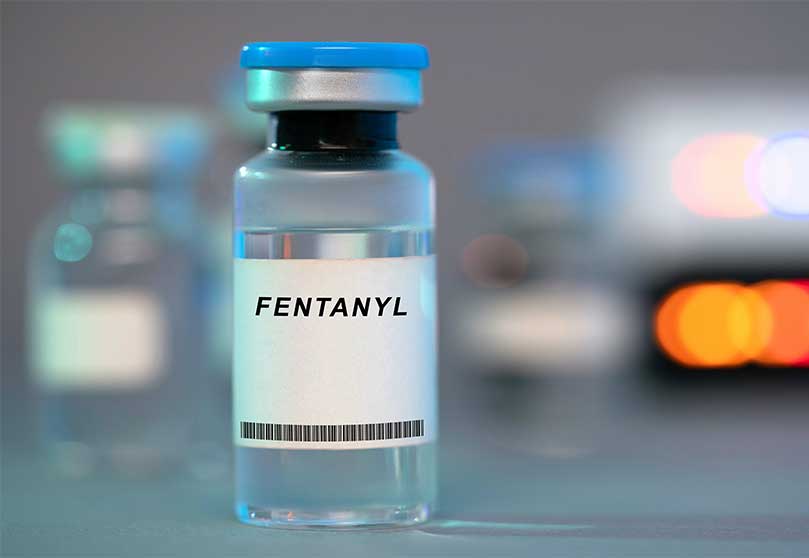U.S. Fentanyl-Related Deaths In 2022

Medically Reviewed By: Manish Mishra, MBBS
About 75,000 Americans died from fentanyl use in 2022. Fentanyl overdose death rates are increasing in the United States, likely due to the availability and extreme potency of the drug.

According to early reports from the Centers for Disease Control and Prevention (CDC), there were more than about 75,000 drug overdose deaths involving fentanyl in 2022.
About 75 percent of all drug overdose deaths in 2022 involved fentanyl. Official death counts may change as more overdose data is released.
Fentanyl & Drug Overdose Risk
Fentanyl is a potent synthetic opioid widely available for drug abuse in the United States. Some experts believe that fentanyl is stronger now compared to previous years, which increases your risk of a fatal overdose.
The number of overdose deaths involving fentanyl remains high in states such as Ohio. If you or a loved one struggle with illicit fentanyl use in Ohio, you can contact local overdose prevention and addiction treatment programs to reduce your overdose risk.
Fentanyl-Related Drug Overdose Deaths Compared To Other Drugs
There were about 83,000 opioid-related overdose deaths in the United States in a 12-month period from December 2021 to December 2022.
About 75,000 of these overdose deaths involved fentanyl. This number is higher than the 72,000 synthetic opioid overdose deaths in 2021.
Compared to natural and semi-synthetic opioids, such as oxycodone and heroin, death rates of fentanyl use can be high. Recent overdose death data suggests fentanyl is a prevalent and dangerous form of opioid abuse in the United States.
There were about 110,000 drug overdose deaths in the United States in 2022.
U.S. Fentanyl-Related Overdose Deaths By State
Some states saw an increase in fentanyl-related overdose deaths in 2022. States such as Washington and Texas saw increases in fentanyl-related deaths.
Other states, such as Florida, West Virginia, and Ohio, saw lower overall overdose deaths rates, including deaths caused by fentanyl.
Ohio
In Ohio, there were almost 4,000 overdose deaths involving synthetic opioids in 2022.
This number is slightly lower than the 4,200 synthetic opioid overdose deaths that occurred in 2021. While substance use treatment and prevention programs can help reduce fatal overdoses in Ohio, fentanyl and fentanyl-laced drugs remain a public health concern.
How To Prevent & Treat Fentanyl Overdoses
Harm reduction and public health measures in states such as Ohio can reduce your risk of a fatal fentanyl overdose.
Fentanyl test strips can help you detect dangerous levels of fentanyl in illicit drugs. The Ohio distribution program Project DAWN also provides naloxone, a drug that reverses the effects of a fentanyl overdose, to those who need it.
A fentanyl overdose can be a sign of an opioid or fentanyl addiction, also known as a substance use disorder.
Substance use disorders can include worsening mental health and withdrawal symptoms when trying to quit. These health effects can make quitting difficult without professional help.
To find out if our opioid addiction treatment program works for you or your loved one, please contact Ohio Recovery Center today.
- Centers for Disease Control and Prevention https://www.cdc.gov/nchs/nvss/vsrr/drug-overdose-data.htm
- National Institute on Drug Abuse https://nida.nih.gov/research-topics/fentanyl
- NPR https://www.npr.org/2023/05/18/1176830906/overdose-death-2022-record
- The Washington Post https://www.washingtonpost.com/health/2023/05/17/overdose-deaths-plateau-2022/

